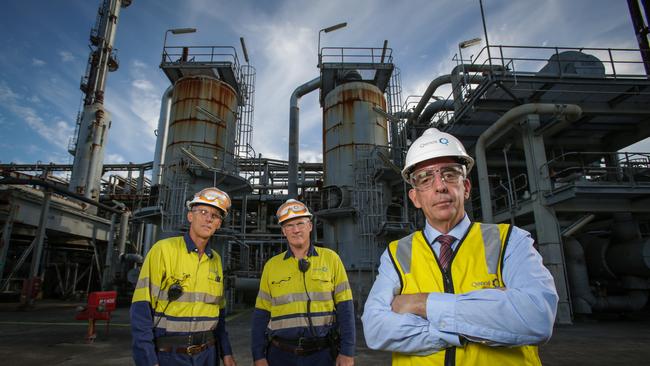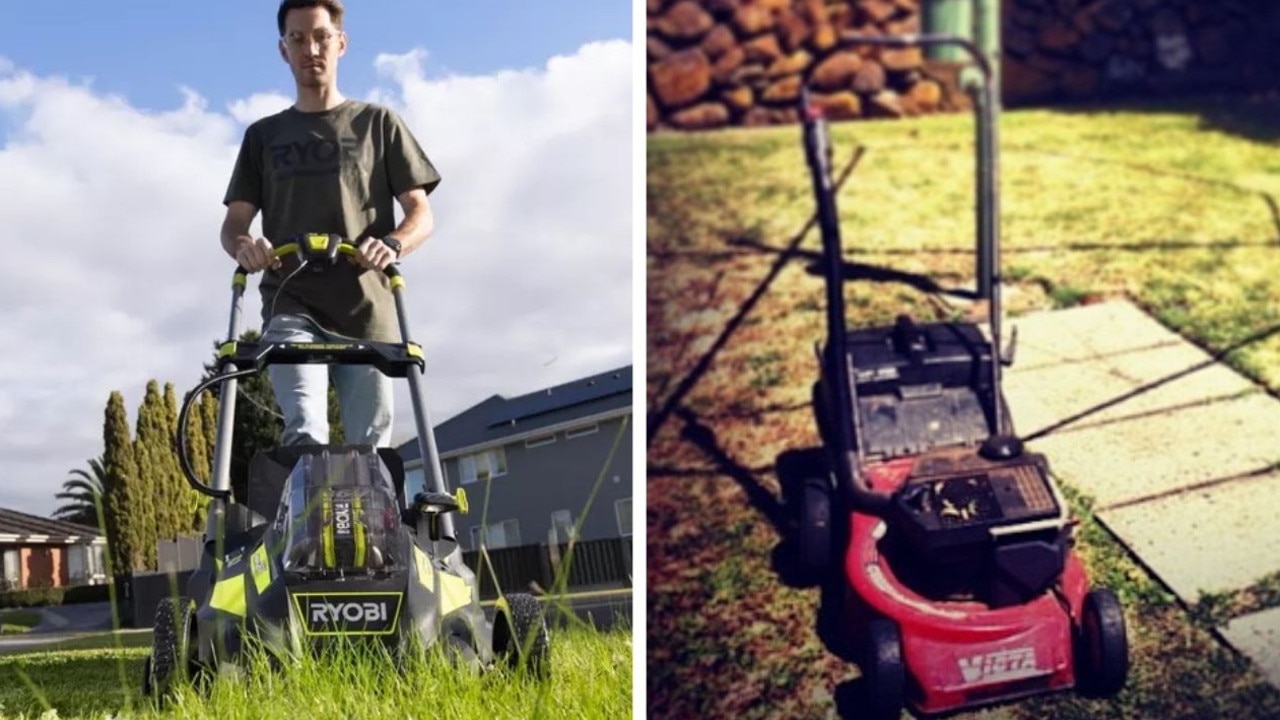Failed gas policies root cause of dumping battle pitting Qenos against Pact Group and Iplex


Australia’s failed gas policies have emerged as the key argument in the dumping battle being fought between ChemChina, Ruffy Geminder’s Pact Group and Fletcher Building’s Iplex.
The battleground is Australia’s $1 billion High-Density Polyethylene (HDPE) market and claims from ChemChina’s Qenos arm that imports from the US, Korea, Thailand and Singapore are being sold in Australia at below normal prices and causing injury to ChemChina.
Pact Group’s decision two years ago to source more material from US based Chevron Phillips appears to have triggered the fight due to the lost volume to Qenos.
Both sides agree the Australian gas market is a debacle due in large part to supply limitations imposed by the Victorian and NSW Governments.
This case is a classic example of the impact of a dysfunctional political process because one manufacturer, the Chinese owned Qenos, claims to be fighting for its survival but its means of doing so, via dumping protections, threatens to damage hundreds of downstream users and ultimately all Australian consumers.
ChemChina is effectively trying to spread the impact of gas price costs from its books to the rest of industry.
The trouble is, higher import prices are not the solution to the problem it is increased gas supply.
Even then, Qenos’s refusal to change price benchmarks have hamstrung the ChemChina subsidiary.
The reality is Australian operations are too small to supply the Australian market which explains why it imports product from the Middle East.
Not surprisingly, Saudi Arabia was not included on the list of exporting countries claimed to be damaging the monopoly Australian producer.
The customer complaint is the Chinese firm is suffering from higher input costs which have nothing to do with prices charged by more efficient imports.
HDPE is used extensively in packaging and plastic pipes ranging from plumbing to the mining industry.
In its submission to the dumping authority, Iplex said “The imposition of dumping duties to benefit a domestic supplier that has proven incapable to supply current demand would devastate the Australian pipe market and jeopardise the delivery of critical infrastructure projects in Australia.”
To win a dumping claim you need to be able to prove the imported goods are being sold in Australia at below the normal cost in the country of origin and that it’s causing injury to the local manufacturer.
ChemChina’s Qenos is the only Australian manufacturer and it claims import’s share of the Australian market has increased from 36 to 50 per cent over the last three years.
Geminder’s Pact Group said in its submission: “Qenos is essentially improperly seeking to use trade law to claw back volumes it used to sell to Pact but lost because it was inefficient and sought monopoly like commercial terms.”
“Pact will have to decide between sourcing reliable product at inflated import prices or seeking to accept and entrench Qenos’ monopoly position, protected from valid competitive signals and the otherwise commercially competitive consequences of having an inefficient and unreliable plant,” it added.
Qenos also acknowledged it “has experienced some limited production outages that have impacted production output to a minor degree”.
“The sharp reduction in production volumes, however, has not been caused by production outages — rather it has been due to raw material cost increases associated with LPG not being economic in the HDPE production process,” it added.
The ChemChina subsidiary said: “As with other Australian manufacturers, Qenos has experienced an increase in energy costs in the last two year period, including also increases in feedstock costs.”
The Dumping Authority has listed the matter as worthy of further investigation.


